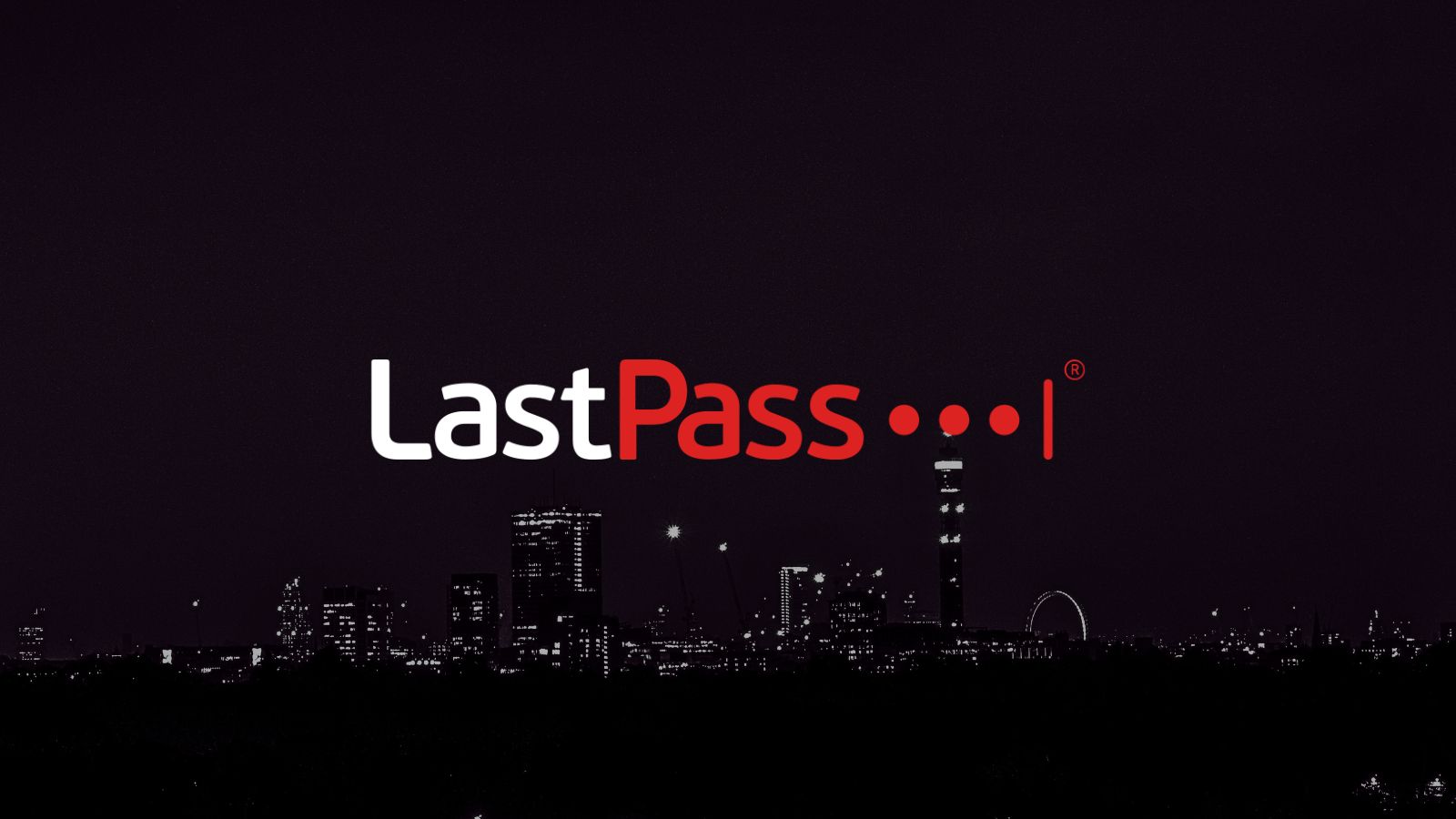
Google Started Testing Its New Cookie-Less Tracking
- Google announced the beginning of the FLoC tests, auto-opting in a small number of Chrome users.
- There are several concerns around the way Google is conducting the test, and especially for not giving users an option.
- The tests will go through Chrome versions 89-91 and will last at least until July 13, 2021.
Google announced the beginning of testing FLoC (Federated Learning of Cohorts), a system to help the data collecting firm continue gathering valuable information that can be used for targeted advertising but without identifying users. FLoC puts you into large groups instead of treating you like a trackable individual, doesn’t share your browsing history with Google or anyone else, and will automatically skip those who are visiting pages with sensitive topics.
The tech giant states that the initial testing of the new cookie-less system will take place in Australia, Brazil, Canada, India, Indonesia, Japan, Mexico, New Zealand, the Philippines, and the United States, and will only concern a small percentage of Chrome users. If you are blocking third-party cookies on Chrome’s settings, you will be automatically opted out of the testing sample. If not, you may already be participating. In April, Google will add an option to opt-out of FLoC and the other privacy-related proposals that the company discussed at the beginning of the year.
A piece by the Electronic Frontier Foundation (EFF) raises several concerns with the way Google chooses to conduct this testing, as well as the system itself. First, while FLoC was purported to replace cookies, it looks like Google is instead supplementing them. For now, the FLoC cohort ID is added on top of the cookie-based tracking system, and those who take part in the tests will be tracked by two individual systems.
Secondly, the enrollment in the trial is done automatically, and Chrome users who are picked won’t get a notice or asked for their consent. Also, there’s no direct and dedicated way to opt-out if you don’t want to participate in the test. The same applies to the websites that will help with the FLoC calculations, which will be sending HTTP header info. Considering that these trials are set to last until July 13, 2021, this is unacceptable for many users and website owners out there.
Thirdly, there’s Google’s tendency to deviate from its original promises, which, in this case, raises the risks for users. According to EFF, the promised 0.5% that was going to take part in the trial has been bumped up to a very significant 5%. Moreover, the initial 256 FLoC cohort groups presented in the first experiments are now raised to 33,872, which obviously makes the tracking a lot more granular.
And finally, although Google promises to leave sensitive topics aside, many categories that should be included are still missing, while others are in the wrong class.






